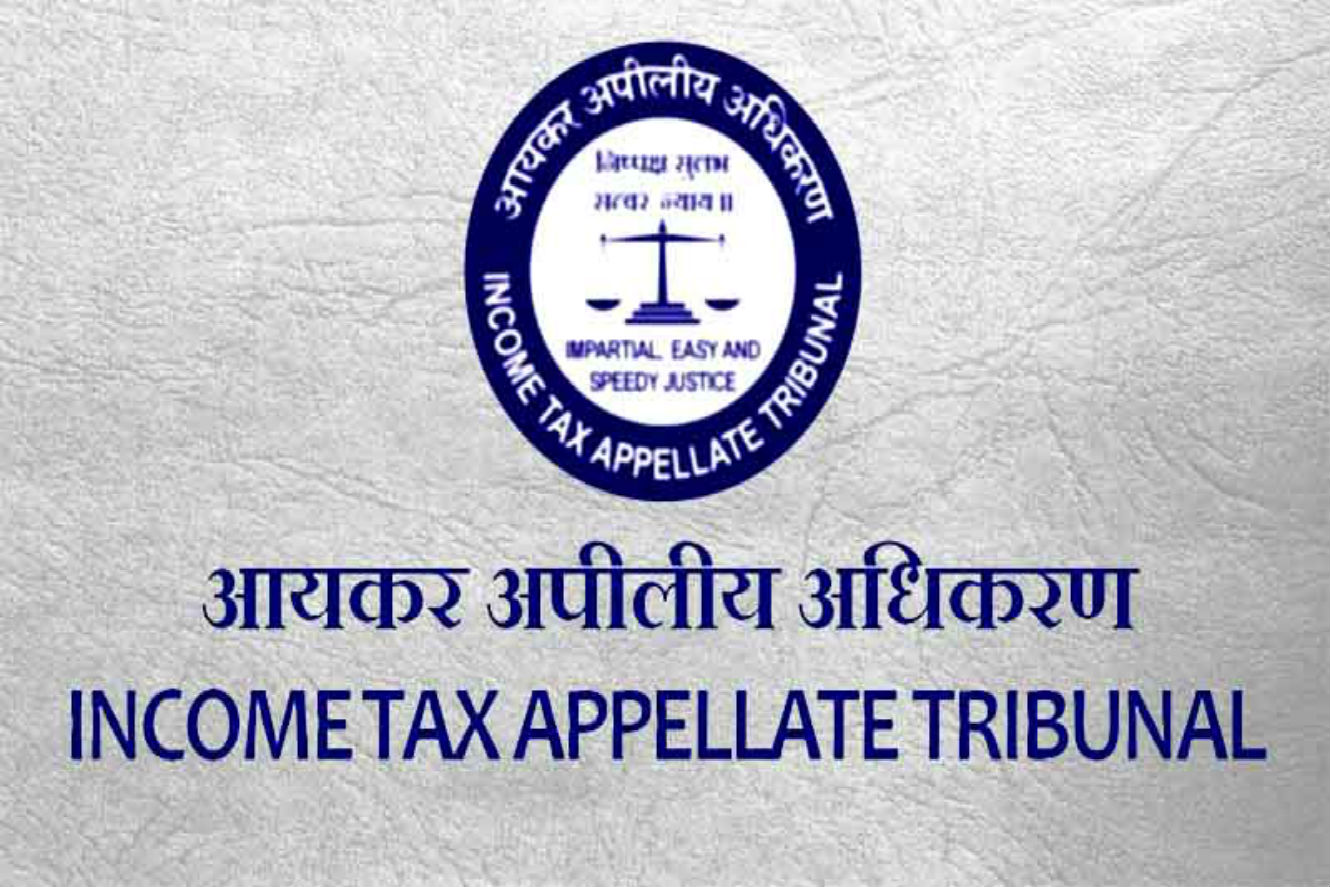Richard Garth, C.J.@mdashIn this case one Mohamed Eshak applied to this Court to send for the papers in a case in which one Chundro Marwari has been acquitted by the District Magistrate, for the purpose of having the Magistrate''s judgment set aside.
2. Chundro Marwari was convicted on the 12th of August last by Mr. Caspersz, who was the Assistant Magistrate, of criminal breach of trust, upon the prosecution of Mohamed Eshak, who was his employer. An appeal was preferred to the District Magistrate, who, after hearing the case, reversed the conviction and acquitted the prisoner.
3. We were asked to set aside this judgment of the District Magistrate, upon "the ground that, on the very day on which Chundro Marwari was convicted by Mr. Caspersz, Mr. Caspersz was, by an order of the Lieutenant-Governor, made a first class Magistrate, and consequently that the District Magistrate had no jurisdiction to entertain an appeal from his decision.
4. But having now ascertained the true state of the case, I think that there is nothing in this objection. In the first place I have great doubt, whether the mere order of the Lieutenant-Governor, that a Magistrate shall be vested with first class powers, is of any force, or amounts to an authority to the Magistrate to exercise those powers until the order of the Lieutenant-Governor has been officially communicated to him-until in fact he knows officially what the order of the Lieutenant-Governor is; and as the order, which was made on the 12th of August, could not have been received by Mr. Caspersz until after that day, there is no reason whatever why his decision of the 12th of August should not have been made the subject of appeal to the District Magistrate.
5. But even supposing that the order of the Lieutenant-Governor conferred upon the Magistrate first class powers from the moment when it was made, it does not appear that in this case the order, making Mr. Caspersz a first class Magistrate, was signed before the conviction. It may well be that the conviction took place in the early part of the day, and that the order, making Mr. Caspersz a first class Magistrate, was made afterwards, and unless we are satisfied that the District Magistrate had no power to hear the case upon appeal, I think it clear that we ought not to interfere.
6. But then it is said that, as the case is now before us, we ought to set aside the judgment of the District Magistrate, if we find that it is erroneous in point of law. I confess, I entertain some doubt as to what our powers may be in that respect; but assuming that we had the power, I certainly should be unwilling, under the circumstances of this case, to set aside a judgment of acquittal. These cases of criminal breach of trust often involve very nice questions; and I think that the materials before the Magistrate may well have justified him in holding that, having regard to the confidential relation which existed between the prosecutor and the prisoner, the acts committed by the latter might make him answerable to his master civilly, but not criminally. That being so, I am of opinion, that we ought not to interfere, and that the rule must be discharged.

